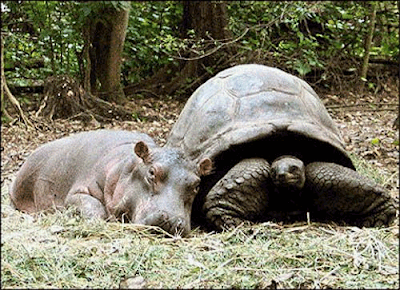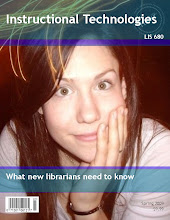I'm all abuzz; awake, of course, on the one day of this week that I have two extra hours to sleep in. I am alone in my room, but I feel overwhelmingly connected, in a very converged, multimedial way. (I think a little coinage and grammar-be-damned is goin' on here, but I'm going to flow with it.)
I woke up. Checked the clock on my iPhone. Cracked open my computer*. Without a moment's delay, I heard the insanely smooth and comforting voices of strangers (WHY are the Australian accents of men as calming as a mother's cooing?! I've turned their volume down, but they're still talking as I write, and it's as comforting as I imagine womb sounds were when I was, you know, in the womb.) streaming from the speakers. I had left the Quicksilver Pro '09 surf contest site open from yesterday evening. Not a minute later came a commercial with a song and lyrics that actually warmed me. I had to know what the song was. I googled the lyrics and found someone who'd posted my exact question:
"Whats this song called: stars make you feel like you've got friends?
its like a guy singing and its on an ad for this drink
does anyone know
please help :)"
And in response, someone had posted a comprehensive answer including the song title, the artist, and the entire song's lyrics.
I felt grateful. Informed. Connected. And whatever you call the opposite of alone in this world. Someone was looking for answers, not only just like I was, but also just
how I would. And someone
else out there took it upon themselves to provide the sought after information, the resolution. Up for a few moments, still in my bed, and I felt that a lot had been accomplished, happened. To me. By me. Easily.
Then. Washing up in the bathroom, I found that my roommates had left a magazine on the sink, and I flipped open to a page on which a comedian's picture was featured, along with a silly quote (I've found it since then
here, just to give you, my uncertain reader, the visual I had been given via paper). In a moment I was provided a visual of the comedian and his words... and I swear I could actually hear the comedian saying them, maybe thanks to my imagination, or maybe because I've actually heard him perform before (how much of what we see and soak in registers, and how much just sits there, inactive until it's brought to the front thanks to another stimulation?). I immediately thought of a friend who might find this guy's quote hilarious, and I made a mental note to send it out to said friend. The site had a number of handy tools itching to help me share the feature, too: email, print, Delicious, Digg, Facebook, reddit, StumbleUpon. Sharing is caring.
----- Even as I write this, I know exactly how I'm feeling and where I want to head with this... and I KEEP. HAVING. TO. RESIST. THE. URGE. TO. CLICK. OVER. TO. ANOTHER. TAB. Nothing I really want to check there, no missing piece of info hidden there (unless inspiration's a concrete thing)... just battling an insane need to be more than one place at once?? Or is it ADHD? Caused by...? -----
I suppose my point is that, although I awoke completely alone, I felt extremely connected via multiple media... but also in happy control of that connection.
Is this more of a ramble than a tight description of the AM inspired Ah HAH! Media Moment I was born into this morning? Hm. In any case, it's real. And this is my blog.
And I cannot
be separated
from the media
in which I am
immersed.
It's everywhere!
And I've invited it there.
I think I extended an open invitation once, and only on occasion do I feel that it has overstayed its welcome, and is peeking in corners of my house that it shouldn't be, and messing with belongings and interactions of mine that I wish it would just back far away from.
This morning I am overjoyed that media and I understand each other so well.In the course of writing this blog entry, I have written an email (conveying to a friend when I will be arriving by train to her town later this morning), sent three text messages (coordinating the train trip with two friends), referred to wikipedia three times, checked a social networking site twice, downloaded a song and listened to snippets of five more by the same artist... and all the while, the Australian surfer men's voices have been providing a consistent, flowing backdrop. I've discovered that a ten minute set and narration has been on a loop, but it hasn't bothered me a bit; in fact, I've been sent back to that same commercial--DEFINITELY a _____ commercial, this one--that pushed me deep into this connectivity upon waking this morning.
I've done some serious surfing this morning myself. I've learned some. I've expressed myself some. And now I'm ready to interact with real people, people whose volume and action I can't control, but people that inspire in me an even deeper and more genuine sense of connectivity.
---
* What, exactly, is my computer
computing for me? Or (see definition right below)
processing for me? Helping me to process?
com⋅put⋅er /kəmˈpyutər/ [kuhm-pyoo-ter]
–noun
1. Also called processor. an electronic device designed to accept data, perform prescribed mathematical and logical operations at high speed, and display the results of these operations. Compare analog computer, digital computer.
computer. (n.d.). Dictionary.com Unabridged (v 1.1). Retrieved March 07, 2009, from Dictionary.com website:
http://dictionary.reference.com/browse/computer


